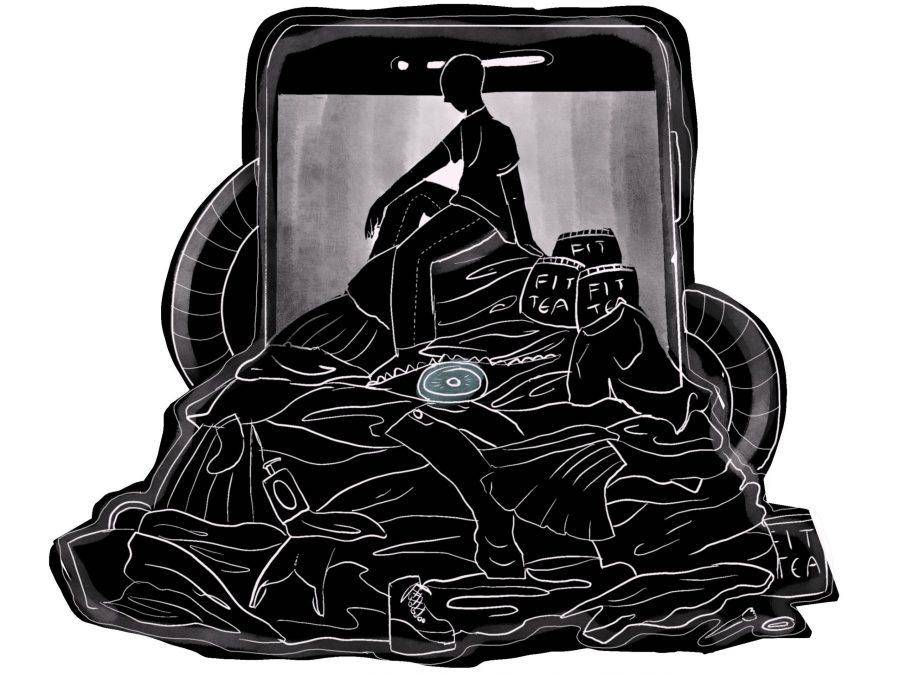Under the diet hashtag on Instagram, there are 73.3 million posts. Many of these posts promote odd diet trends and weird food combinations to help you lose weight. These are some of the few misconceptions spread on the internet. Misinformation and blatant lies about the habits of content creators spread like wildfire over different social media platforms, leaving it up to teenagers to debunk them.
Stanford Social Media Lab researcher Angela Lee said making an effort to verify information instead of mindlessly accepting it is usually not on the top of scrollers’ radars.
“It can sometimes be difficult to verify those claims in a social media setting because you are there to get entertainment, so incidentally, people can pick up false or misleading information from these influencers or creators,” Lee said.
She said this is a big part of how social media users fall for influencers’ gimmicks.
“Lots of social media influencers and creators can push undisclosed sponsorships in terms of problematic diet supplies or products,” Lee said. “Fit tea is one I have seen a lot; it’s essentially a laxative, but they market it as a fast, easy weight loss system, and it’s really dangerous. For teenagers, if you don’t understand what exactly it is and what it’s going to do to your digestive system. One, it can be a surprise, and two, it can actually lead to harmful effects especially if you’re taking too much of it.”
Many doctors, teachers, and other professionals will often call out these false claims, trying to contain the spread of misinformation.
But not all products endorsed by influencers are necessarily harmful.
“I’ve bought clothes I saw on TikTok, face wash I saw on TikTok, and these buttons to help with the fit of your jeans because of TikTok,” junior Grace Corrigan said.
Junior Mckenna Rausch also adds to the conversation by saying, “I’ve also bought clothing from brands on TikTok. Also, I have gotten so many new makeup products because of TikTok and Instagram,” she said.
So while following trends isn’t necessarily a bad thing, the message influencers send can be. Lee said people should work to critically think about what they see on the internet, whether it be obviously fake information or more subtle, don’t trust everything on social media, she said.
“The first thing you could do is to take online social media literacy training courses,” Lee said.
Lee said she works with one training course, called Common Cause USA, that has social media monitoring training that teaches how to fact check online.
“Another really easy thing people can do that is often neglected is talking to other people in the comments of these popular creators,” Lee said. “Though it can be a scary place, you can find people who have genuine questions about what the post is talking about.”









